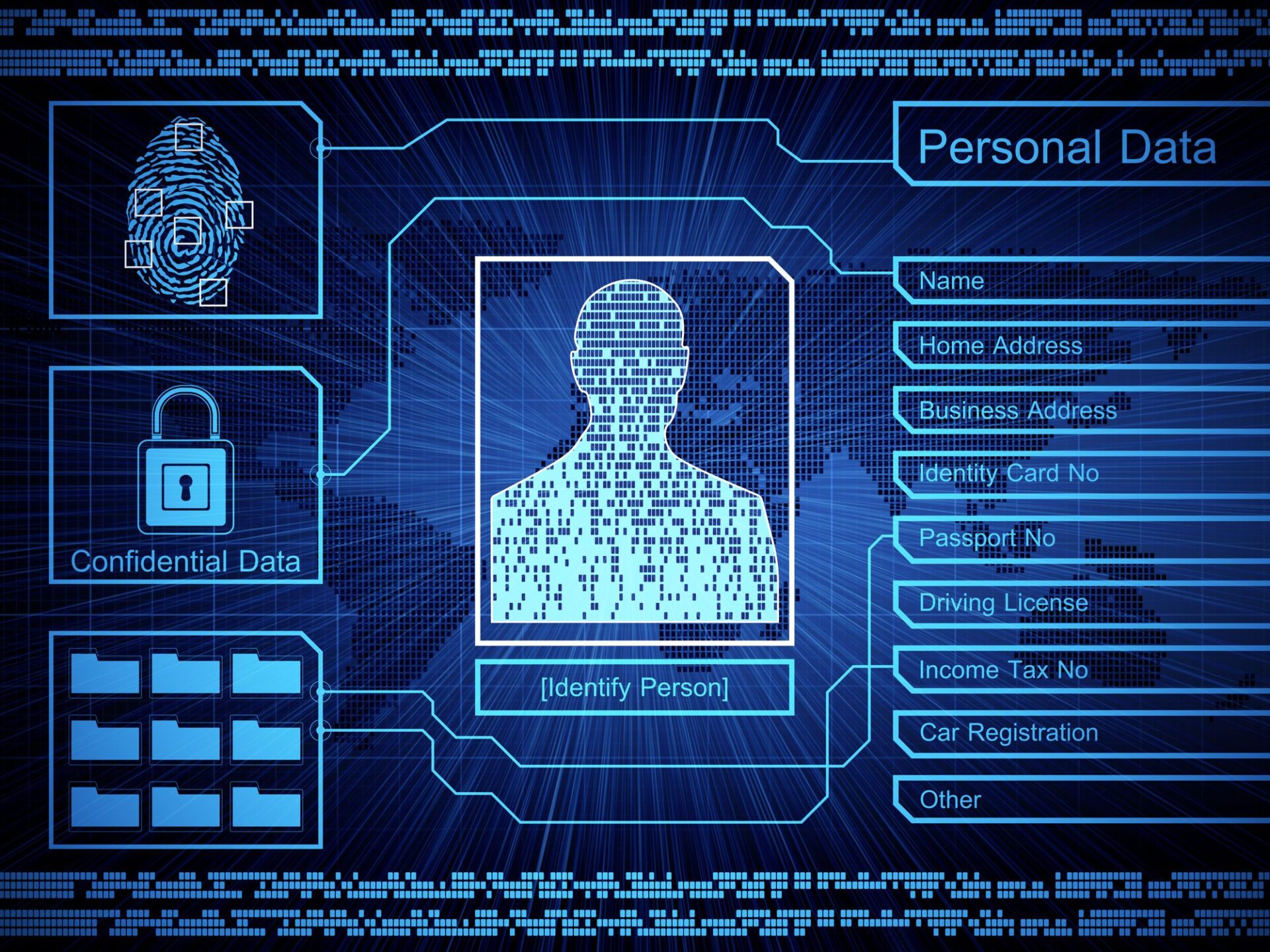Have you ever bought something and paid through a prompt thereafter you start receiving texts about the locality? From buying certain products or “better” yet to vote for candidate X. You are bound to be baffled trying to figure out how they got your personal information. The main reason for such occurrences is that your personal details might have been sold.
“A survey by consultancy Ernst & Young shows that 41 percent of firms transferred their clients’ data to third-party service providers. More than half or 53 percent of these companies did not seek the approval of their customers before sharing the data,” The East African reported. This has been a continuous breach of the data protection law 2019. The personal data was mainly passed to third parties for analysis, processing transactions, sending SMS alerts, or to advertisers.
In line with safeguarding the data of its clients Safaricom gave new directives, “Under the Data Protection Act 2019 which came into law on 25th November 2019, Safaricom will be changing how they share data with Lipa Na M-Pesa Partners in general.”
The new “oil” a fountain of “wealth” in the digital era has been personal information. The lack of protecting oneself on the digital platform makes us vulnerable to crimes like identity theft, impersonation, and other forms of fraud. It is high time we take it a step further as we share our information online. But also put to task organisations whom we share our data with.




